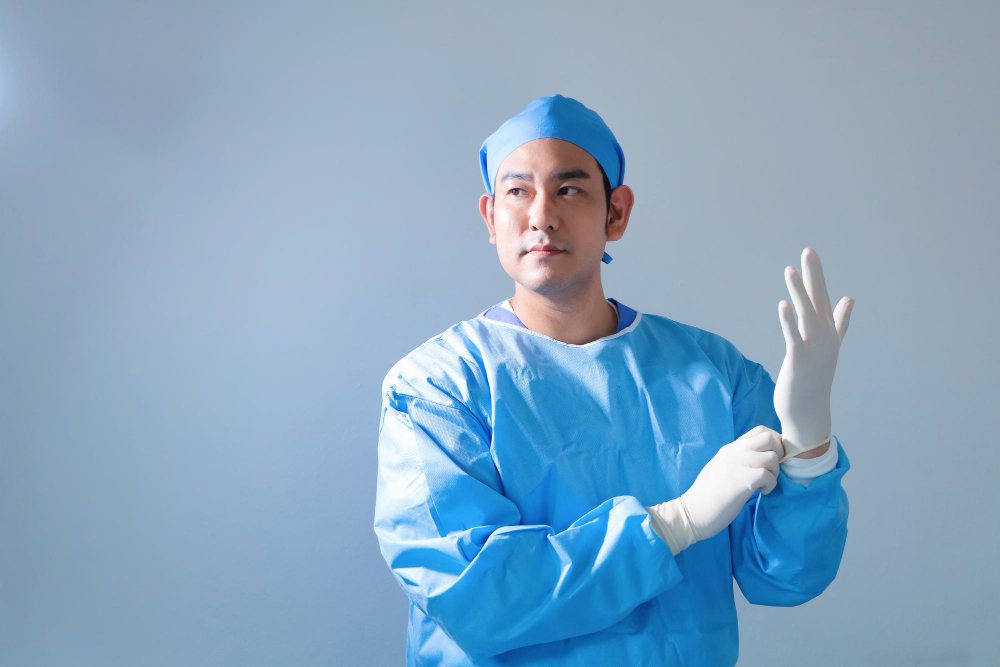Introduction
When you think of a surgeon, you probably picture someone in scrubs holding a scalpel in a sterile operating room. But did you know there are many types of surgeons, each with a unique specialty? Surgery is one of the most complex and demanding medical fields, requiring intense training, precision, and dedication. Whether you’re intrigued by the idea of repairing broken bones or performing brain surgery, the journey to becoming a surgeon is challenging but incredibly rewarding.
In this article, we’ll dive deep into the various types of surgeons, what they do, and how you can become one. By the end, you’ll have a clear picture of whether this career path is right for you—and what it takes to get there.
General Surgeon
A general surgeon is like the Swiss Army knife of surgery. They’re trained to perform various procedures, from removing a gallbladder to fixing hernias. These professionals often deal with conditions involving the stomach, intestines, appendix, and other abdominal organs. Their skill set is vast because they must quickly adapt to different scenarios.
General surgeons are often the first line of surgical treatment in emergencies. Think of appendicitis or a bowel obstruction—these are in the wheelhouse of a general surgeon. They also often handle trauma surgeries in emergency rooms.
To become a general surgeon, one must earn a bachelor’s degree, complete four years of medical school, and undergo a five-year surgical residency. Some general surgeons choose to specialize further, but many enjoy the variety that general surgery offers.
Orthopedic Surgeon
Got a broken bone? You’ll need an orthopedic surgeon. These specialists focus on the musculoskeletal system—bones, joints, ligaments, and muscles. Orthopedic surgeons treat everything from sports injuries to spinal deformities and arthritis.
Their procedures can include joint replacements (like hip or knee), repairing torn ligaments, and treating complex fractures. Orthopedic surgery is a physically demanding specialty—surgeons often need to exert significant force during procedures.
Becoming an orthopedic surgeon involves extensive education and training. After medical school, an aspiring orthopedic surgeon enters a residency program that typically lasts five years, followed by a possible fellowship for sub-specialization in areas like pediatric orthopedics or sports medicine.
Neurosurgeon
This is one of the most demanding and intellectually rigorous specialties. Neurosurgeons deal with the brain, spinal cord, and nervous system. From treating traumatic brain injuries to performing delicate spinal surgeries, neurosurgeons need exceptional precision and focus.
These surgeons often work long hours and are on call for emergencies like strokes or traumatic brain injuries. It’s a high-pressure field with significant responsibility—every movement during surgery can have life-altering consequences for the patient.
The path to becoming a neurosurgeon is longer than most. After medical school, you’ll complete a seven-year residency in neurosurgery. Some also pursue additional fellowships to specialize in pediatric neurosurgery or cerebrovascular surgery.
Cardiothoracic Surgeon
Cardiothoracic surgeons focus on the heart, lungs, and chest cavity. They perform life-saving procedures like coronary artery bypass surgery, heart valve replacements, and lung resections. This field demands perfection, as even the smallest mistake can have serious consequences.
Due to the complexity of these surgeries, cardiothoracic surgeons work in high-tech environments and are often involved in pre- and post-surgical care. The lengthy operations require a dedicated team, making teamwork and communication crucial.
Training for this specialty includes medical school, a five-year general surgery residency, and a two to three-year fellowship in cardiothoracic surgery. It’s a long road, but the reward of saving lives every day makes it worthwhile.
Plastic Surgeon
Plastic surgery isn’t just about aesthetics, although that’s a big part. Plastic surgeons also perform reconstructive surgeries to repair damage from accidents, burns, or congenital deformities. They work on restoring form and function, making this a blend of artistry and medicine.
Procedures can range from facelifts and rhinoplasty to cleft palate repair and breast reconstruction. A good plastic surgeon must have an eye for detail and a strong understanding of anatomy and aesthetics.
To become a plastic surgeon, you must complete medical school, a general surgery or plastic surgery residency, and sometimes additional fellowship training. Board certification is also essential to practice professionally and build credibility.

